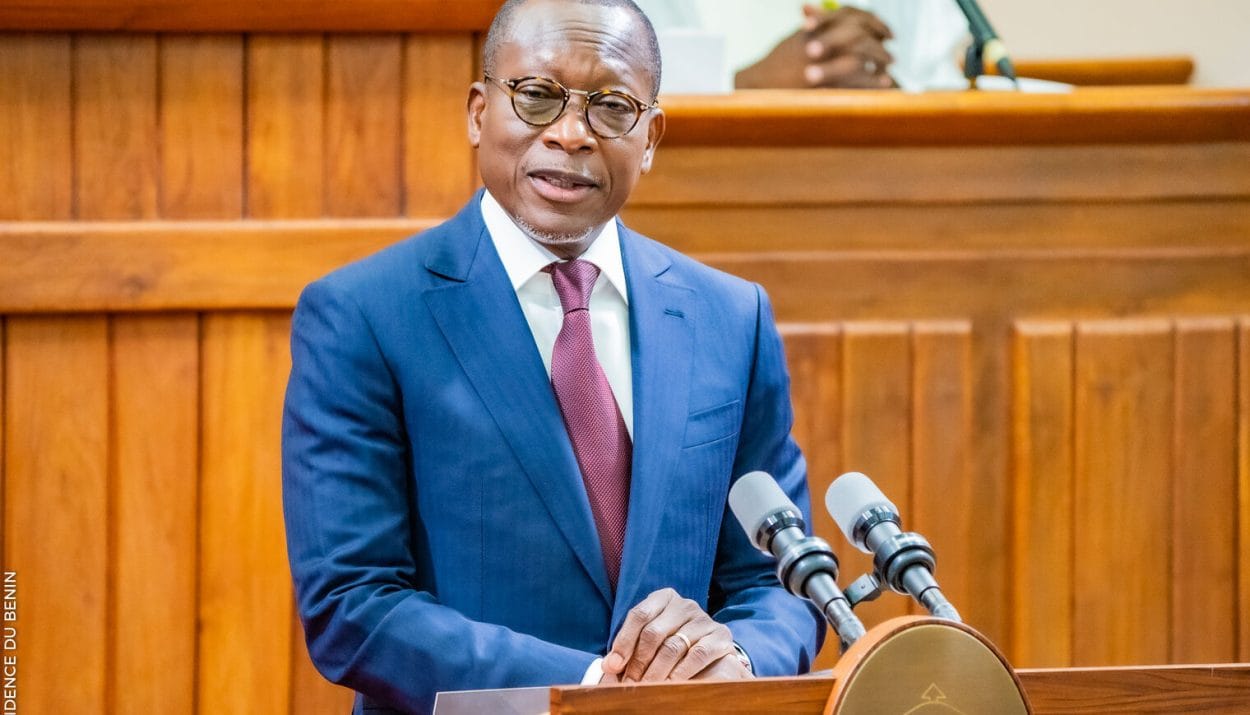Benin authorizes the "loading of the first oil tanker" through the port of Sèmè. However, the Beninese Minister of Mines, Samou Seidou Adambi, warned that it is a "one-time and provisional authorization
The export of Nigerian oil through the Beninese port of Sèmè has been authorized once again, announced the Beninese Minister of Mines, Samou Seidou Adambi, on May 15, unlocking a tense situation that had persisted for several months between Porto-Novo and the military regime in Niamey. "This one-time and provisional authorization will not become a standard practice," the minister warned, however, during a press conference in Cotonou, implying that Benin could suspend its authorization again if there is a lack of cooperation from Niger, especially regarding the full reopening of their shared border
In November, Niger inaugurated a giant pipeline aimed at transporting crude oil extracted from the Agadem field (southeast) to neighboring Benin, by the China National Petroleum Corporation (CNPC), a state-owned Chinese oil company.
Chinese delegation and CNPC executives in Benin
"Benin authorizes the loading of the first ship currently in our waters," stated the Minister of Mines, specifying that his country had "no interest in harming the State of Niger and Wapco [West African Gas Pipeline Company Limited]," the Chinese partner operating the pipeline
This decision follows a visit by a delegation of officials from the Chinese ministries of Foreign Affairs and Energy, as well as executives from CNPC, who met with Patrice Talon and the Beninese ministers of Mines and Foreign Affairs on May 15, according to information from Africa Intelligence. The government spokesperson had stated on the morning of May 15 that he had no information about this visit
We are convinced that this pipeline will be a symbol of friendship among the three countries," stated Wen Yuan, one of the representatives of Wapco, a subsidiary of CNPC, who was present during the press statement by the Minister of Mines. "We are currently in the stage of production, transportation, and exploitation of oil," he added
The closure of the border with Niger has had a significant impact on Benin's public revenues and on the cost of food, which has increased.
Article source: jeuneafrique






